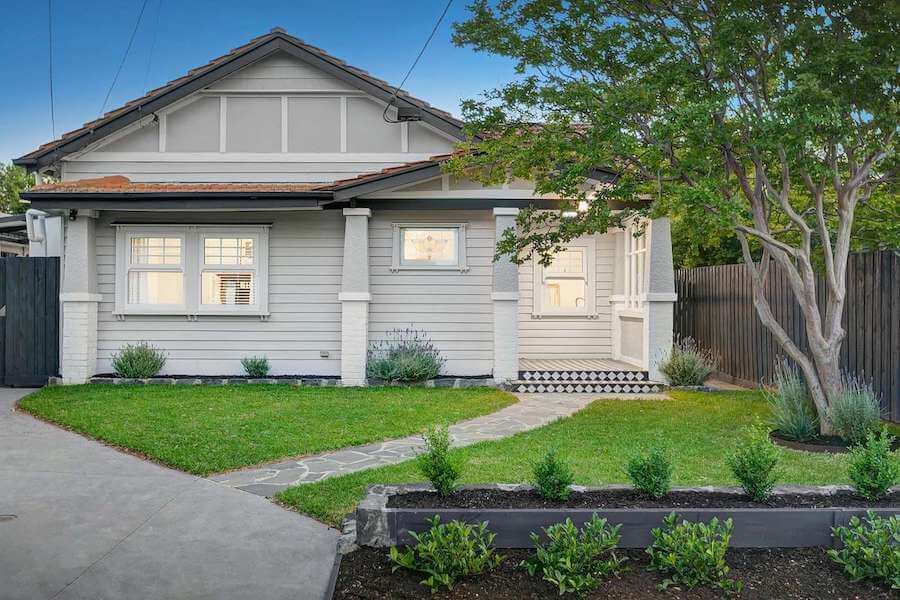When searching for your next investment property, you’ll no doubt be considering the location and type of property as part of your criteria. But which of these two factors is more important to help optimise your investment?
In just about any major city in Australia there are literally hundreds of suburbs to choose from when buying an investment property.
Combine this with the large range of property types, whether it be units, apartments, stand-alone dwellings or development sites, among others, and it can be confusing to know which of these criteria you should prioritise.
 For sale: 31 Lynton Street, Mount Hawthorn, WA
For sale: 31 Lynton Street, Mount Hawthorn, WA
So what’s more important, the location or the type of property?
The answer to this question will largely depend on your property investment goals, which for most people is to generate significant personal wealth.
Given wealth creation is the key objective, the location of the property is typically the most important aspect.
However, the location will usually have to work hand-in-hand with the property type.
A location may only make a good investment if you hold the right property type.
 For sale: 12/28 Robinson Avenue, Perth, WA
For sale: 12/28 Robinson Avenue, Perth, WA
For example, take an investor who owns a stand-alone dwelling, on a large lot in a suburb where land is scarce but apartments are abundant.
Provided the macro and micro economic factors stack up, this stand-alone dwelling would generally make a good investment because of its large land component.
On the other hand, though, an apartment in the same area would likely underperform because there is so much similar stock.
As an investor owning an apartment in this area, you’ll have to compete with a lot of similar stock, whether that be competing for tenants when renting or competing for buyers if selling. This is likely to drag on the performance of the asset.
When evaluating the type of property and location, it’s also important to consider your unique circumstances, such as financial capacity, risk tolerance and life circumstances, for example.
If an investor is financially constrained and has a low tolerance to risk, a development site may not be the best option. In this situation a neutral or positive cash-flow property might be a better option.
Every investor’s investment goals and plan is different and there is no one-size-fits-all strategy for property investment. Therefore, it’s important for investors to engage a reputable property investment advisor or buyers agent for the right advice.
Find out why buyers agents can be a property buyer’s best friend, what the ongoing expenses of property investment are and common property investment traps and how to avoid them.





